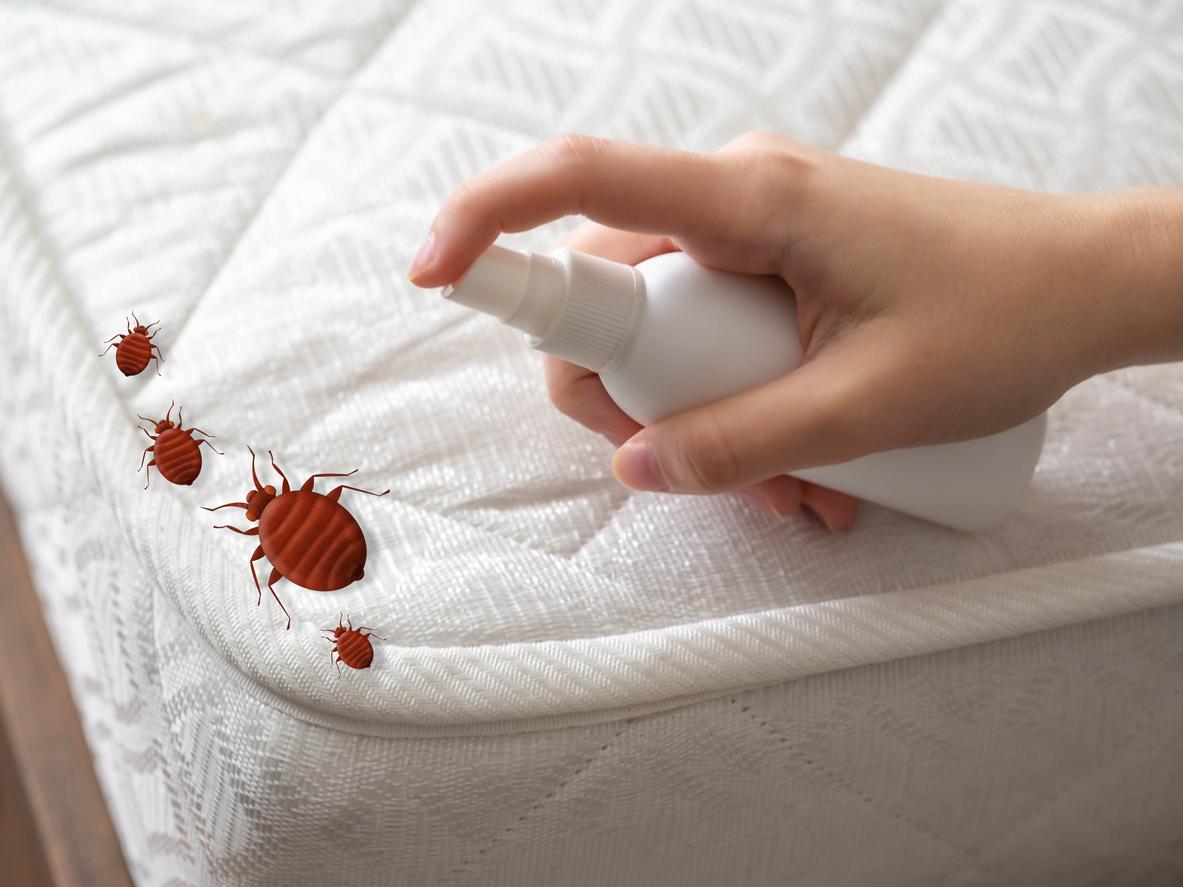Since 2013, the Sniper brand product has been banned for household use in France. However, in five years, the Medicines Agency has observed an increase in cases of poisoning.

- The Sniper brand product has been banned in France for ten years because it contains dichlorvos, a substance “classified as fatal by inhalation and toxic by contact with the skin or by ingestion.”
- Between January 1, 2018 and June 30, 2023, 206 people were exposed to this insecticide and suffered from poisoning, which was mild in most cases.
- However, exposure to this product, used to fight bedbugs and cockroaches, caused the deaths of three adults.
206. This is the number of people suffering from poisoning after being exposed to the product Sniper 1000 EC DDVP between 2018 and 2023, according to a recent study of the Medicines Agency (ANSES). This is an insecticide containing dichlorvos. “This active substance from the organophosphate family is classified as fatal by inhalation and toxic by contact with the skin or by ingestion, it can in particular cause asthmatic respiratory symptoms, ocular symptoms and neurological disorders which can lead to loss of consciousness, cause a skin allergy”, can we read in the press release.
Three deaths associated with poisoning linked to the use of the Sniper product
This is why this product, used to fight insects such as bedbugs or cockroaches, has been banned for household use in France since 2013. However, it is still possible to find insecticides based on dichlorvos at abroad, in markets, bazaars or even on the Internet. Thus, some French people still use it, particularly during the upsurge in bedbug infestations that occurred this summer. Problem: between January 1, 2018 and June 30, 2023, 170 events linked to the Sniper brand product were recorded by the Poison Control Centers. A total of 206 people were exposed to the insecticide during this period, including 104 adults between January 2022 and June 2023.
“If most of the poisonings reported to the Poison Control Centers were mild, nearly 10% were of average severity and 5.5% of severe severity including 3 deaths (accidental or due to ingestion with suicidal intent)”, ANSES reported. And for good reason, the product containing dichlorvos is suspected of having caused the death of a man in Lyon on October 29. The city prosecutor’s office has opened an investigation into “manslaughter”, “endangering the lives of others” And “unauthorized sale of dangerous product” after discovering the insecticide in the octogenarian who died of a cerebral hemorrhage.
Bedbugs: how to get rid of them?
ANSES reminds that in the event of an infestation by bedbugs, it is appropriate to focus on physical control (mechanical and thermal) as a first intention compared to chemical control, because these pests have developed resistance to almost -all over-the-counter insecticides. “If the infestation persists, it is recommended to contact a trained pest control professional with a Certibiocide certificate controlled by the Ministry of Ecological Transition”, concluded the agency.


















